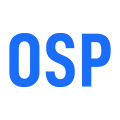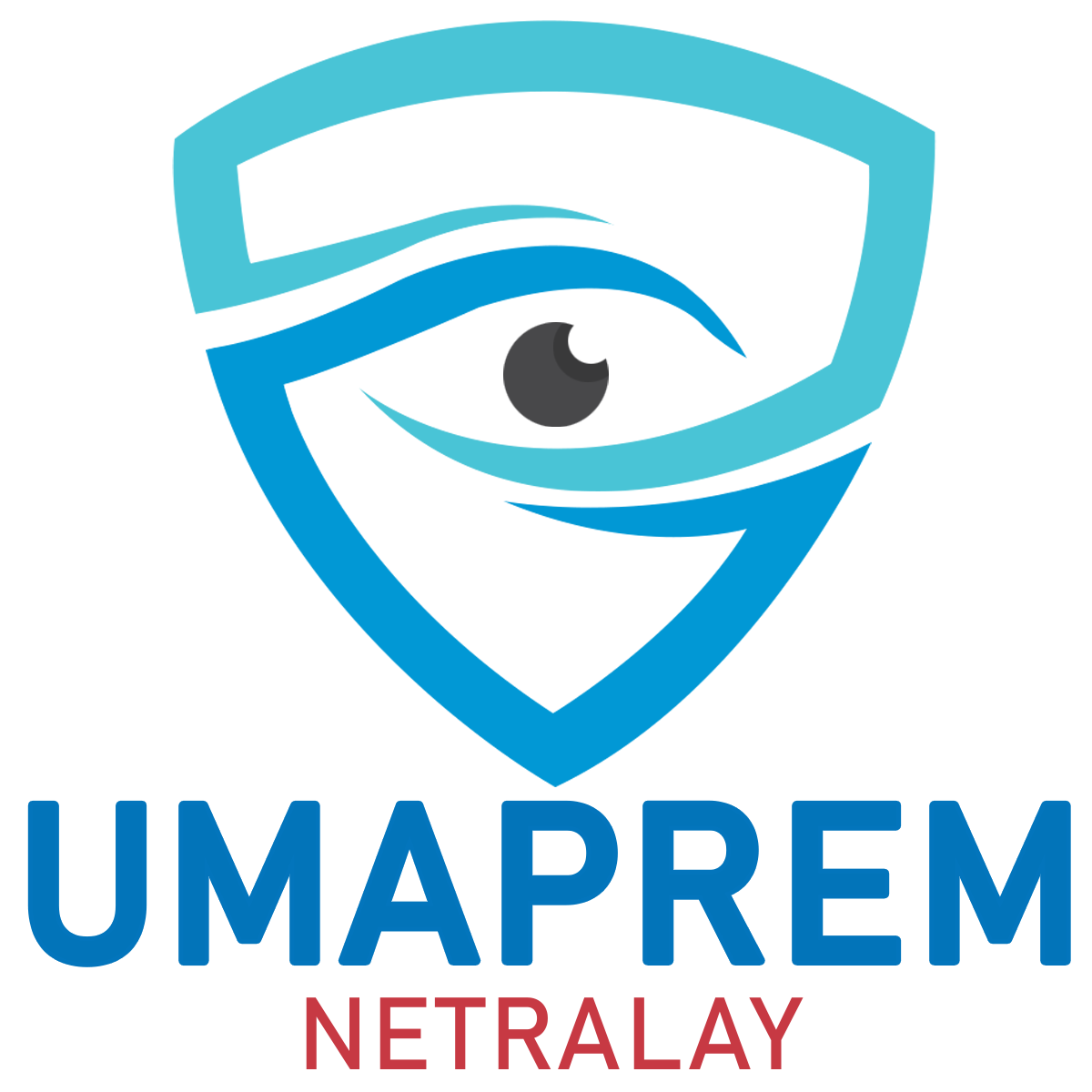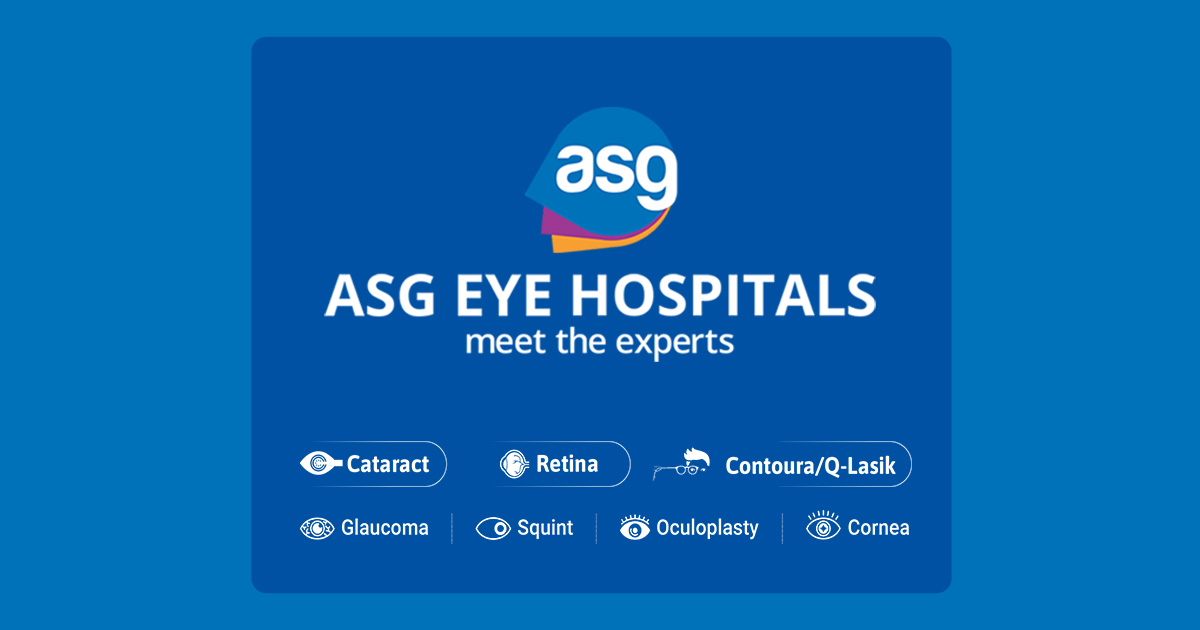Streamlining Healthcare Revenue Cycle with Advanced Medical Billing Solutions:
In the ever-evolving healthcare landscape, effective billing solutions are critical for maintaining smooth operations and ensuring timely payments. Medical billing, a vital part of the revenue cycle, can be a complex and time-consuming process for healthcare providers, ranging from hospitals to small private practices. With a wide array of insurance plans, coding systems, and billing regulations, managing medical billing in-house can become overwhelming. That's where advanced medical billing solutions come into play, offering innovative tools and processes that automate and optimize this essential task, reducing administrative burdens and improving cash flow.
Challenges in Medical Billing:
Medical billing is essential for healthcare organizations to receive compensation for services provided to patients. However, it is also a process fraught with challenges. Common issues such as incorrect coding, missing information, and incomplete insurance details can result in delayed or denied claims. Errors in medical billing not only lead to lost revenue but can also damage relationships with patients and insurance companies.
Additionally, each insurance payer has specific guidelines, regulations, and codes that must be adhered to for claims to be accepted. As the healthcare sector becomes more complex, keeping track of these ever-changing rules is a growing challenge for billing departments. Moreover, failing to meet compliance requirements can lead to penalties or audits, further complicating the billing process.
Given these challenges, it is crucial for healthcare providers to use reliable and efficient medical billing solutions that minimize errors, streamline workflows, and ultimately enhance the financial health of the organization.
Key Features of Medical Billing Solutions:
Modern medical billing solutions provide a range of features that automate and streamline the billing process, resulting in more accurate claims and faster reimbursements. Here are some of the key features offered by these solutions:
1. Claim Management and Tracking:
Medical billing solutions offer comprehensive claim management tools, enabling healthcare providers to track the status of each claim throughout its lifecycle. From submission to payment, these systems allow for real-time monitoring, providing transparency and visibility into any claim issues that may arise. If a claim is denied or requires additional information, providers can quickly identify the problem and resolve it before it becomes a major issue. The ability to track claims ensures fewer delays, better accuracy, and more timely payments.
2. Automated Coding and Compliance:
Accurate medical coding is vital for successful billing, and errors in coding can lead to denied claims or delayed reimbursements. Advanced medical billing solutions come with built-in coding tools that automatically assign the correct ICD-10 (International Classification of Diseases) and CPT (Current Procedural Terminology) codes based on the patient's diagnosis and services rendered. These solutions also help ensure compliance with industry standards and payer-specific requirements, reducing the risk of errors and improving the chances of first-pass claim acceptance.
Additionally, the software is often updated to stay aligned with the latest coding changes and regulations, which reduces the need for manual updates and helps maintain compliance without added administrative work.
3. Insurance Verification:
Before submitting claims, it’s essential for healthcare providers to verify that the patient’s insurance is active and that the services provided are covered under their plan. Medical billing solutions often include automated insurance verification features, allowing providers to check patient eligibility in real time. This step can prevent issues with coverage later on and ensure that claims are submitted with the correct insurance information, improving the likelihood of reimbursement.
4. Patient Billing and Statements:
Managing patient billing is another critical component of the medical billing process. Medical billing solutions allow for the creation of accurate patient invoices that include itemized charges for services rendered. They also help track patient payments, generate statements, and send reminders for outstanding balances. Automated patient billing features reduce the need for manual intervention, ensuring timely and accurate invoicing while enhancing patient satisfaction through clearer billing communication.
Source:
https://www.osplabs.com/medical-billing-solutions/
Streamlining Healthcare Revenue Cycle with Advanced Medical Billing Solutions:
In the ever-evolving healthcare landscape, effective billing solutions are critical for maintaining smooth operations and ensuring timely payments. Medical billing, a vital part of the revenue cycle, can be a complex and time-consuming process for healthcare providers, ranging from hospitals to small private practices. With a wide array of insurance plans, coding systems, and billing regulations, managing medical billing in-house can become overwhelming. That's where advanced medical billing solutions come into play, offering innovative tools and processes that automate and optimize this essential task, reducing administrative burdens and improving cash flow.
Challenges in Medical Billing:
Medical billing is essential for healthcare organizations to receive compensation for services provided to patients. However, it is also a process fraught with challenges. Common issues such as incorrect coding, missing information, and incomplete insurance details can result in delayed or denied claims. Errors in medical billing not only lead to lost revenue but can also damage relationships with patients and insurance companies.
Additionally, each insurance payer has specific guidelines, regulations, and codes that must be adhered to for claims to be accepted. As the healthcare sector becomes more complex, keeping track of these ever-changing rules is a growing challenge for billing departments. Moreover, failing to meet compliance requirements can lead to penalties or audits, further complicating the billing process.
Given these challenges, it is crucial for healthcare providers to use reliable and efficient medical billing solutions that minimize errors, streamline workflows, and ultimately enhance the financial health of the organization.
Key Features of Medical Billing Solutions:
Modern medical billing solutions provide a range of features that automate and streamline the billing process, resulting in more accurate claims and faster reimbursements. Here are some of the key features offered by these solutions:
1. Claim Management and Tracking:
Medical billing solutions offer comprehensive claim management tools, enabling healthcare providers to track the status of each claim throughout its lifecycle. From submission to payment, these systems allow for real-time monitoring, providing transparency and visibility into any claim issues that may arise. If a claim is denied or requires additional information, providers can quickly identify the problem and resolve it before it becomes a major issue. The ability to track claims ensures fewer delays, better accuracy, and more timely payments.
2. Automated Coding and Compliance:
Accurate medical coding is vital for successful billing, and errors in coding can lead to denied claims or delayed reimbursements. Advanced medical billing solutions come with built-in coding tools that automatically assign the correct ICD-10 (International Classification of Diseases) and CPT (Current Procedural Terminology) codes based on the patient's diagnosis and services rendered. These solutions also help ensure compliance with industry standards and payer-specific requirements, reducing the risk of errors and improving the chances of first-pass claim acceptance.
Additionally, the software is often updated to stay aligned with the latest coding changes and regulations, which reduces the need for manual updates and helps maintain compliance without added administrative work.
3. Insurance Verification:
Before submitting claims, it’s essential for healthcare providers to verify that the patient’s insurance is active and that the services provided are covered under their plan. Medical billing solutions often include automated insurance verification features, allowing providers to check patient eligibility in real time. This step can prevent issues with coverage later on and ensure that claims are submitted with the correct insurance information, improving the likelihood of reimbursement.
4. Patient Billing and Statements:
Managing patient billing is another critical component of the medical billing process. Medical billing solutions allow for the creation of accurate patient invoices that include itemized charges for services rendered. They also help track patient payments, generate statements, and send reminders for outstanding balances. Automated patient billing features reduce the need for manual intervention, ensuring timely and accurate invoicing while enhancing patient satisfaction through clearer billing communication.
Source: https://www.osplabs.com/medical-billing-solutions/













